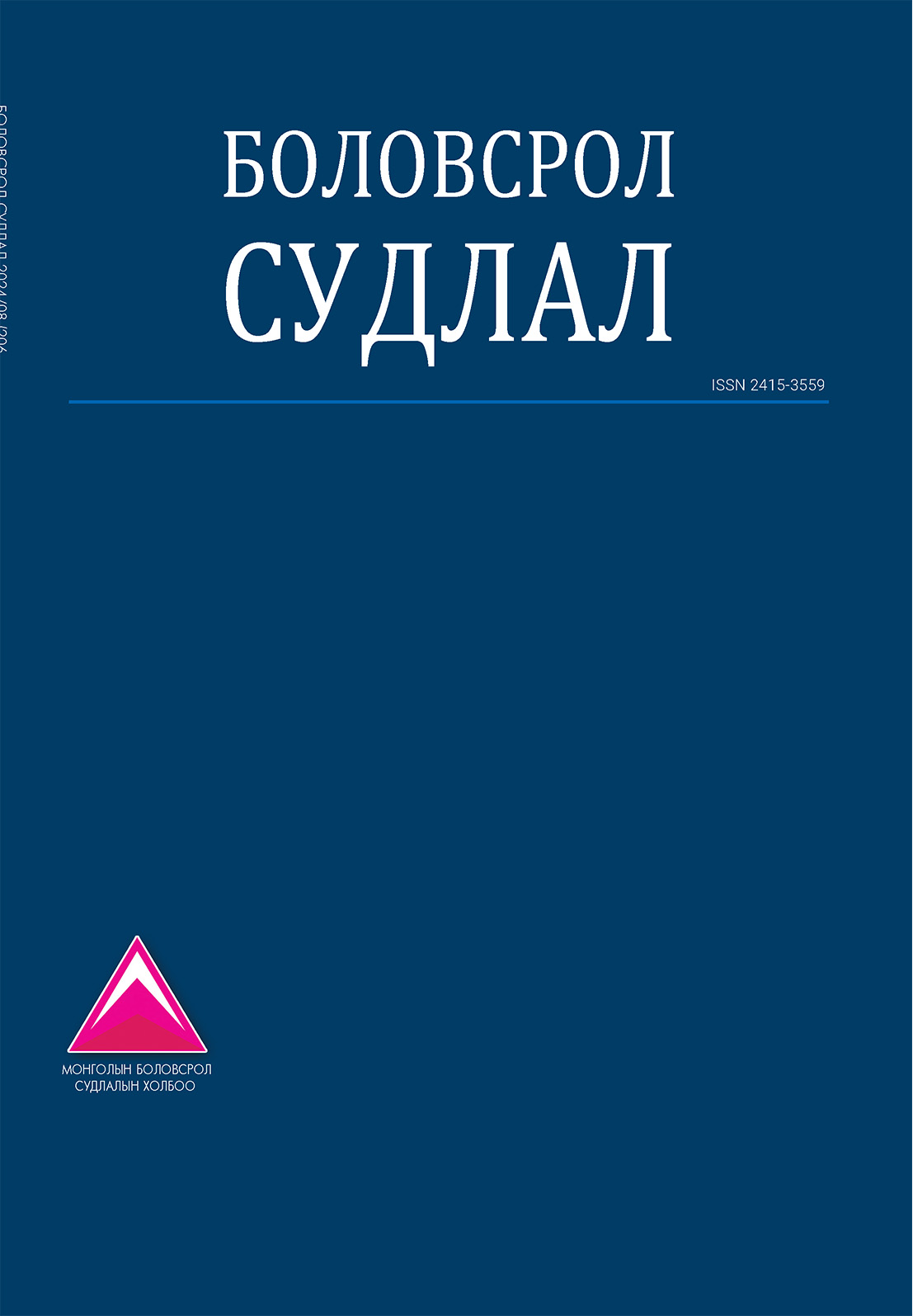Teacher-Researcher Perceptions of Implementing the Process-Genre Model to Support EFL Students’ Opinion Essay Writing
Keywords:
Modelling And Deconstructing, Joint Construction, Independent Construction, ScaffoldingAbstract
This study explores the teacher-researcher’s perceptions of implementing a Process-Genre Model (PGM) to support the development of opinion essay writing skills among Mongolian EFL university students. Drawing on established Process-Genre Approach (PGA) models, the PGM was designed to integrate multi-level scaffolding—context, text/paragraph, grammar, vocabulary, and mechanics—with the stages of planning, drafting, revising, and editing.
Using an action research design, the teacher-researcher implemented a 64-hour writing course based on the PGM. Data were collected through classroom observations and a reflective research journal, and analyzed thematically. Findings revealed that the staged structure of the PGM—modeling and deconstructing, joint construction, and independent construction—was effective in fostering students’ contextual, organizational, and linguistic knowledge. Students engaged actively in analyzing model essays, benefited from collaborative planning and drafting, and demonstrated growing autonomy in independent writing.
At the same time, the teacher-researcher noted persistent challenges, including difficulties with deconstructing complex texts, uneven peer participation, and limited ability to integrate and punctuate evidence such as quotations and statistics. The study concludes that the PGM offers a practical and context-sensitive framework for improving opinion essay writing in Mongolian EFL classrooms. Recommendations include providing explicit training in evidence use and feedback skills, as well as designing group tasks with clear roles to ensure balanced participation.
References
Badger, R., & White, G. (2000). A process genre approach to teaching writing. ELT Journal, 54(2), 153–160.
Burns, A. (2010). Doing action research in English language teaching: A guide for practitioners. New York: Routledge.
Chang, P. (2016). EFL students’ views on the use of genre-based approach for writing. English Language Teaching, 9(9), 45–52.
Deng, L., Chen, Q., & Zhang, Y. (2014). Developing college students’ writing competence with the process-genre approach. English Language Teaching, 7(2), 109–118.
Huang, J., & Zhang, Y. (2019). The process genre approach: A dual-level model for teaching writing. English Language Teaching, 12(3), 32–41.
Hyland, K. (2003). Second language writing. Cambridge: Cambridge University Press.
Leki, I. (1995). Academic writing: Exploring processes and strategies. Cambridge: Cambridge University Press.
Nordin, S., & Mohammad, N. (2006). The best of two approaches: Process/genre-based approach to teaching writing. The English Teacher, 35, 75–85.
Oshima, A., & Hogue, A. (2014). Introduction to academic writing (3rd ed.). New York: Pearson Education.
Racelis, J. V., & Matsuda, P. K. (2013). Integrating process and genre in writing instruction. Journal of Writing Research, 5(2), 283–307.
Refnaldi. (2013). A process-genre approach to teaching writing in an EFL context. International Journal of English Linguistics, 3(1), 1–9.
Seidlhofer, B. (2013). Understanding English as a lingua franca. Oxford: Oxford University Press.
Yan, G. (2005). A process genre model for teaching writing. English Teaching Forum, 43(3), 18–26.


